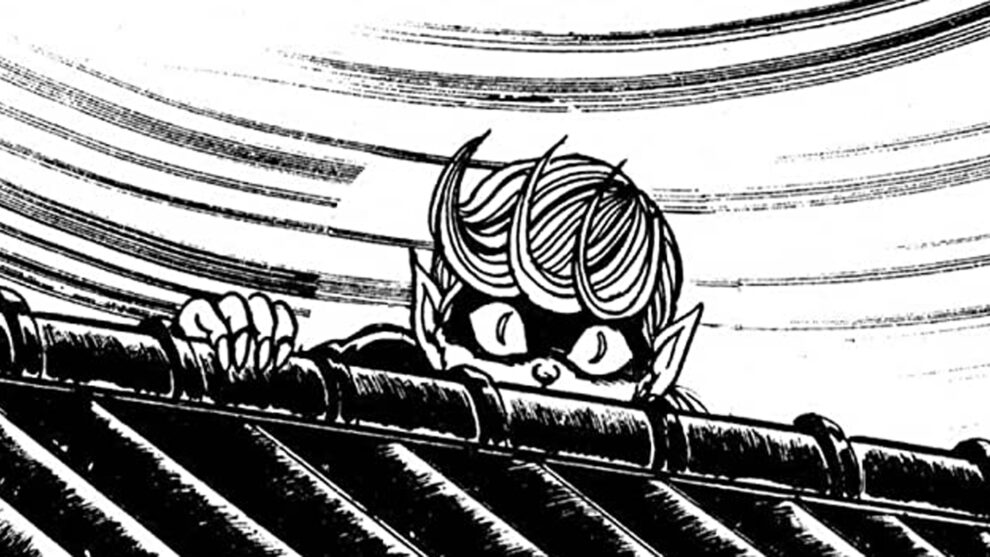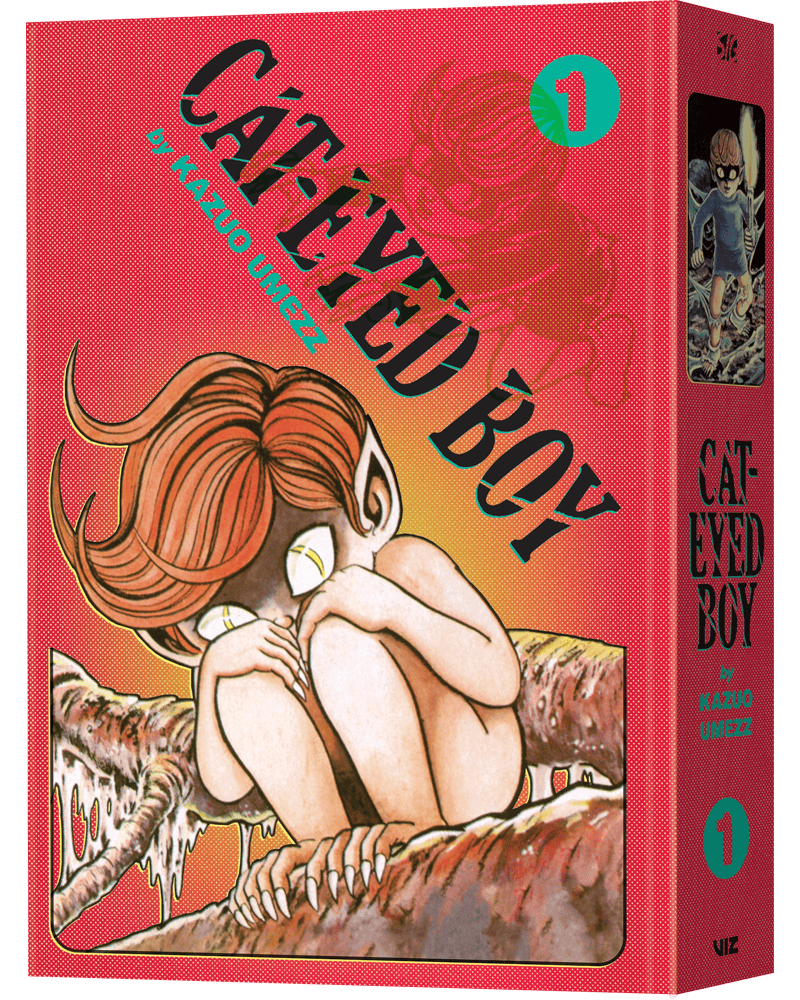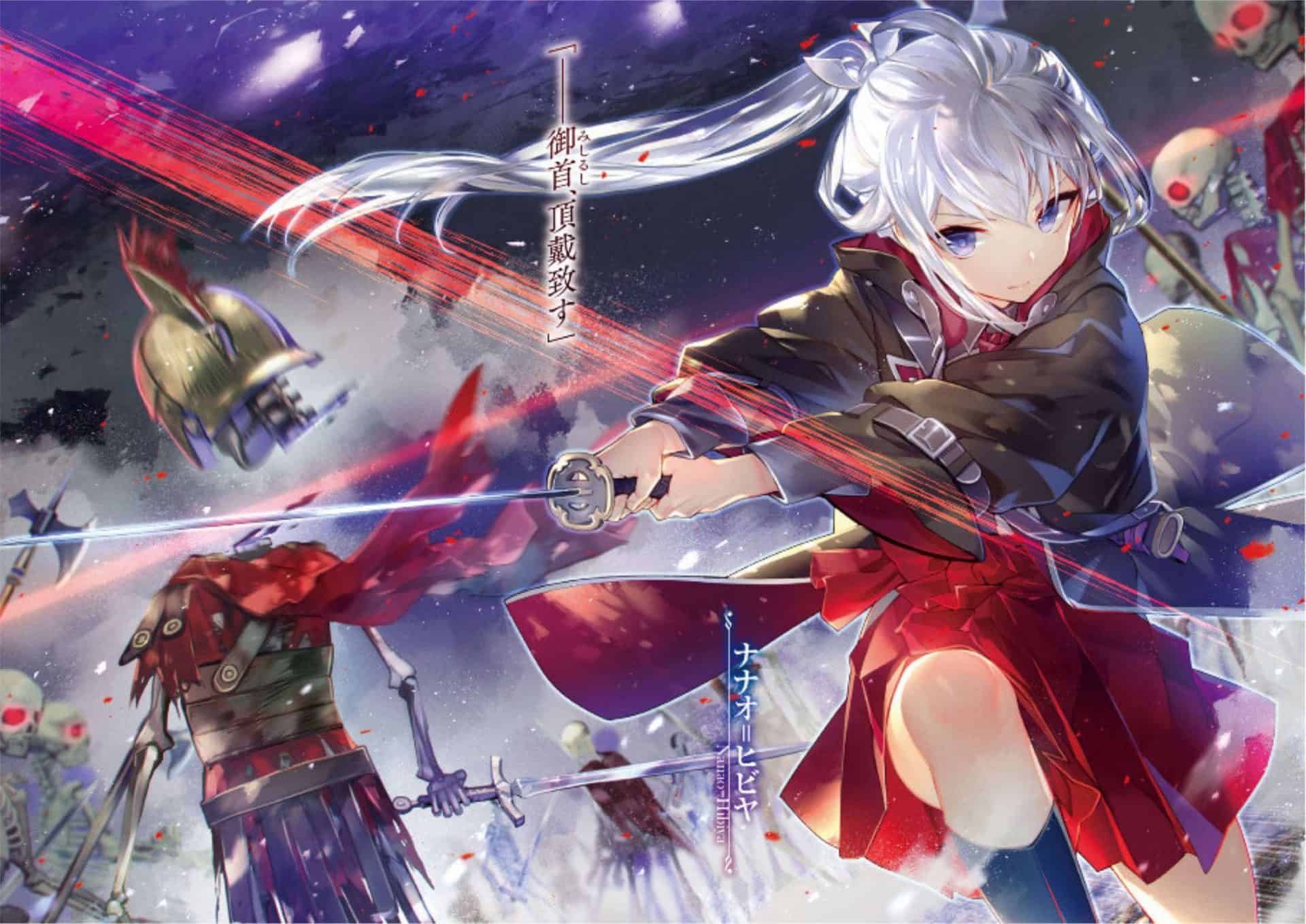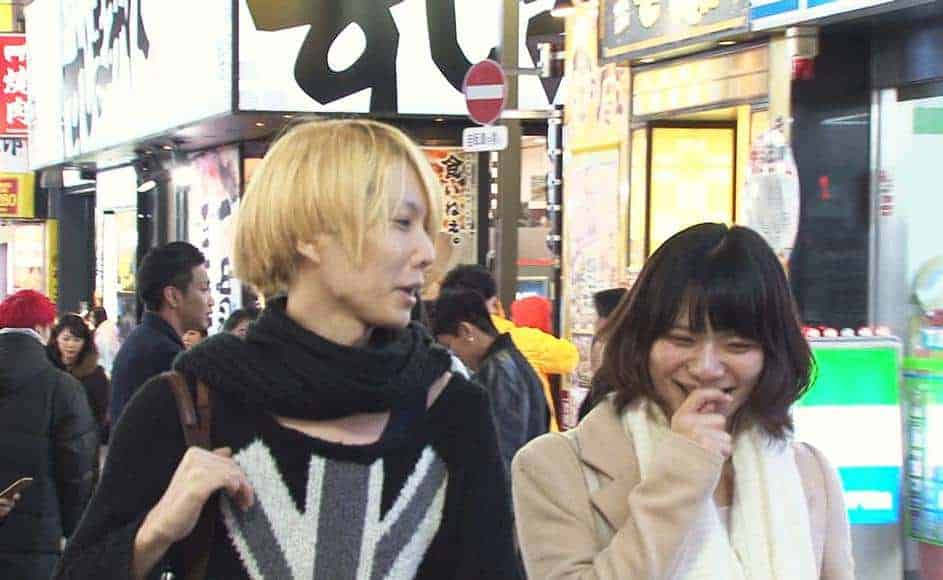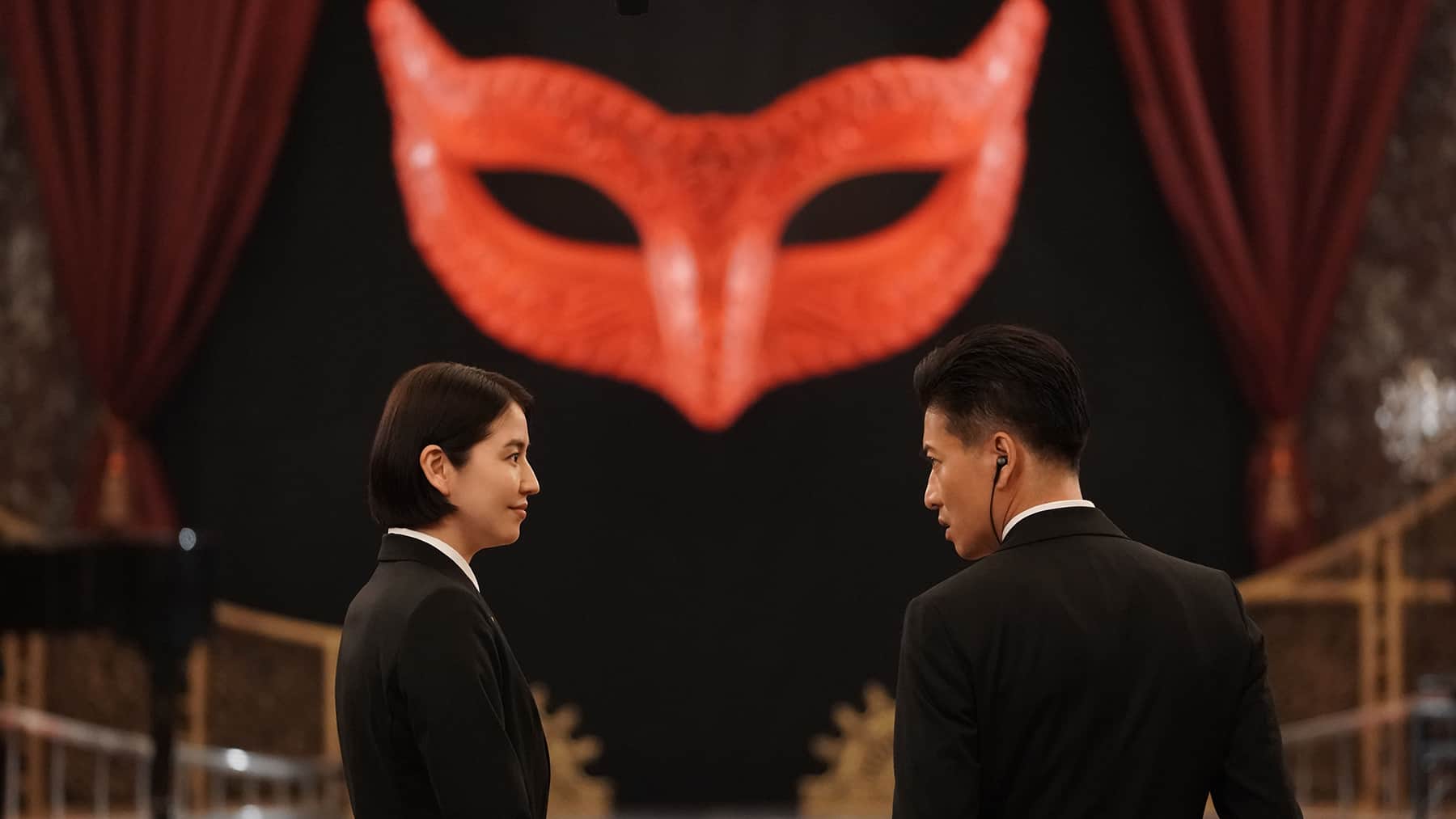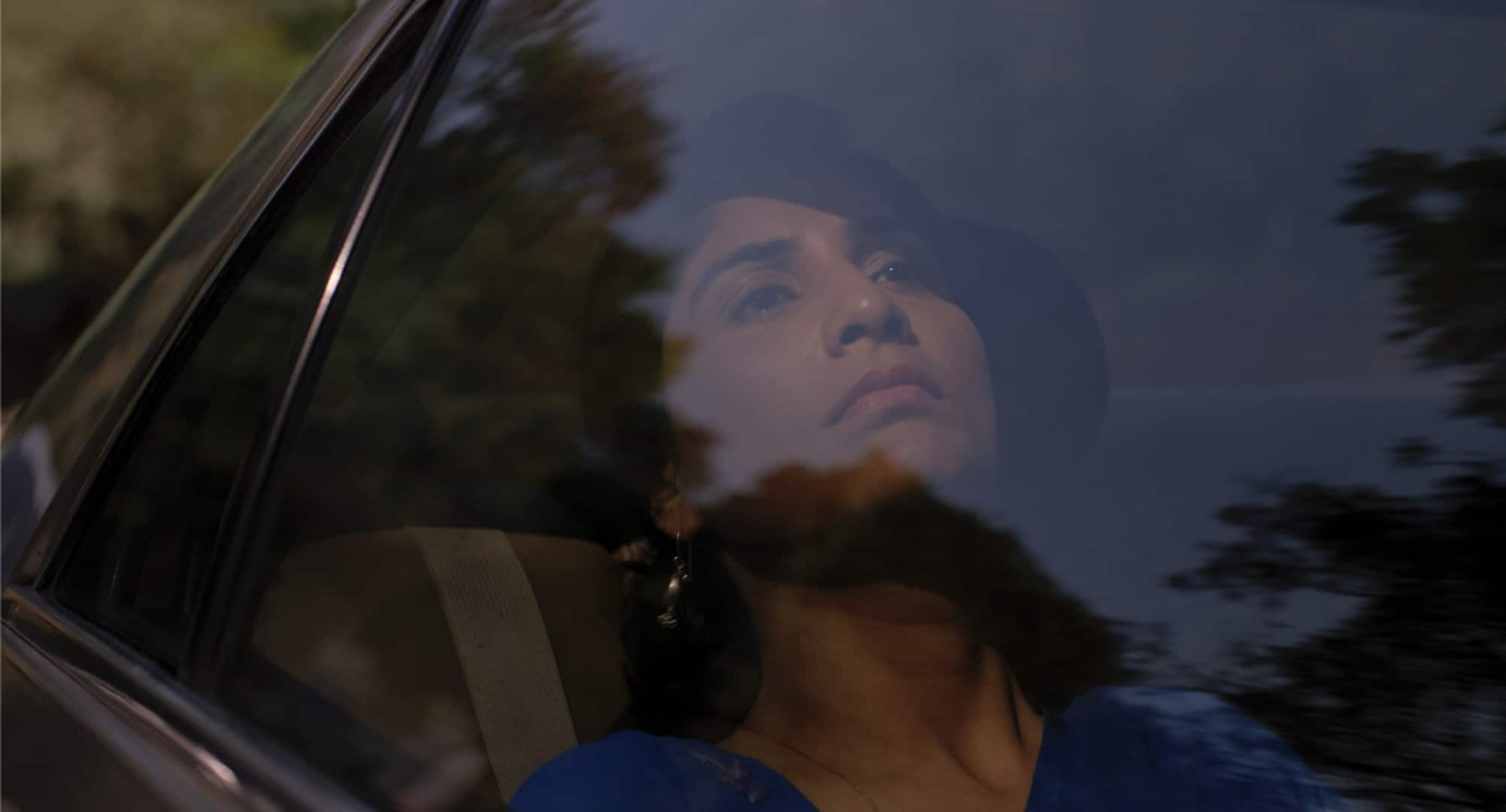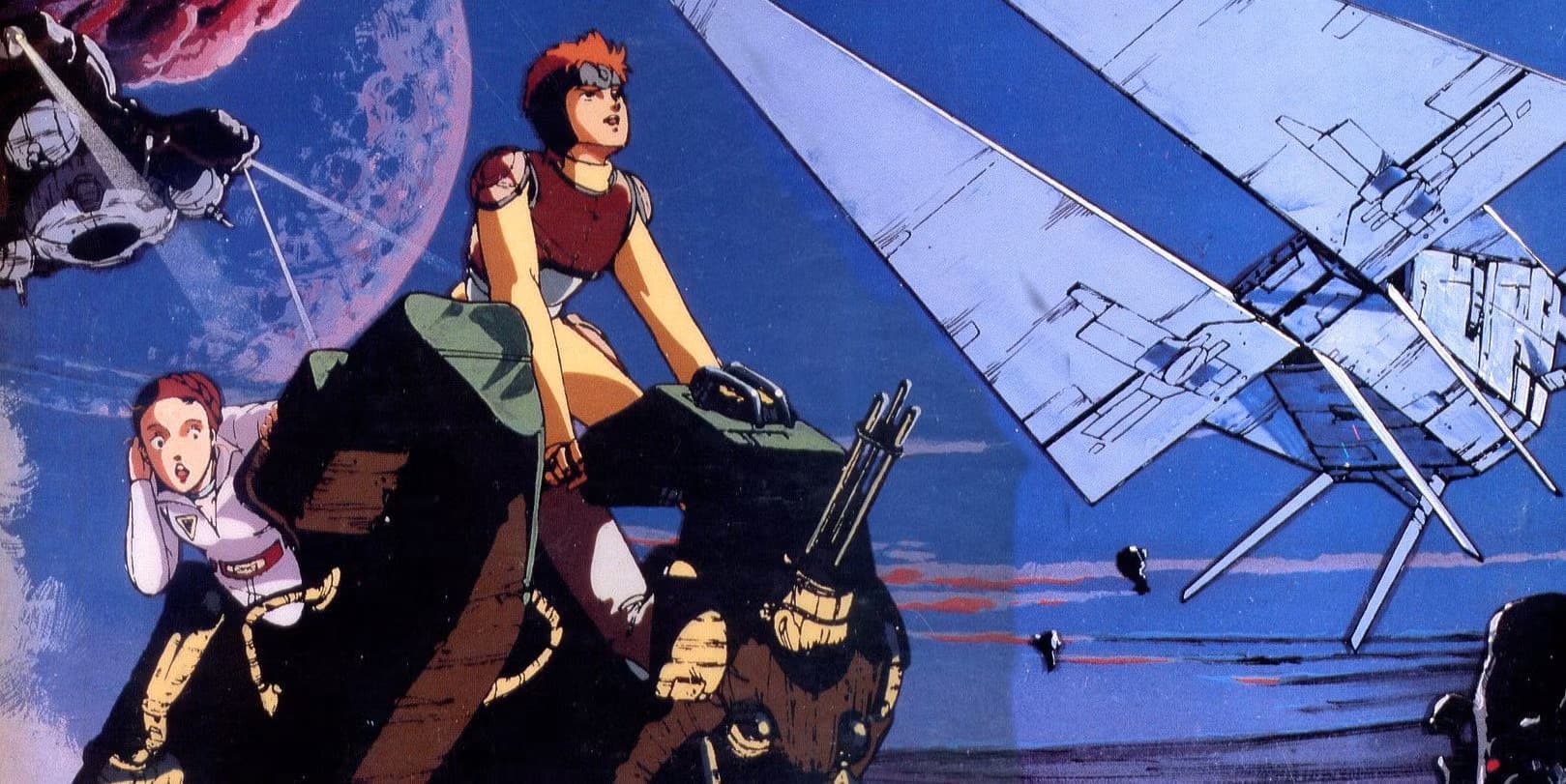“From the mind of Kazuo Umezz, undisputed master of Japanese horror manga and creator of The Drifting Classroom and Orochi, comes Cat-Eyed Boy! This deluxe edition contains five classic horror stories featuring a mysterious and dangerous cat-eyed boy who lives among humans, comes from the world of demons, and is despised by both. In four morbid tales, he interacts with humans and monsters to often-devastating ends. Then, in a final story, Cat-Eyed Boy must decide where his true loyalties lie—or if he has any loyalties at all.” (Viz Media)
Continuing to bring the work of horror pioneer Kazuo Umezz to print, Viz Media presents the ‘perfect edition' of “Cat-Eyed Boy,” a series of tales where the feline featured monster acts as a sort of narrator for the macabre stories within. While this structure may not be as engaging as the long-form storytelling in the other Viz Editions of Umezz's work, “Orochi” and “Drifting Classroom,” it is the most intriguing look into the twisted mind of the horror icon and one which exemplifies how his work inspired some of the greatest storytellers in the genre.
Notably, “Cat-Eyed Boy” (originally published in 1967) seems to land somewhere between two future maestros of the horror genre in Junji Ito and Hideshi Hino. With Ito, you can see that the dark comedy of Umezz's protagonist is reflected in his creation, Souichi, with both being otherworldly mischief makers attracted to chaos. In regards to Hino, there is a structure in some of the stories, notably “The Ugly Demon,” where the main character is a social outcast aware of his deformities and carrying a desire to make others suffer. Combine this element with using animal abuse to add shock value, and this story resonates with the same grim nihilism as the typical Hideshi Hino protagonist.
Check also this interview
These instances exist to complement all the creators mentioned; it is not so much a case of ‘who did it first,' but rather an insightful look into the history and evolution of the horror genre. At the same time, the work is a testament to Umezz's ability as a storyteller in the genre, as his tales of the macabre still frighten and entertain readers decades after its release. Moreover, each of the stories within this inaugural volume has appeal, and there are no ‘lows' in the release.
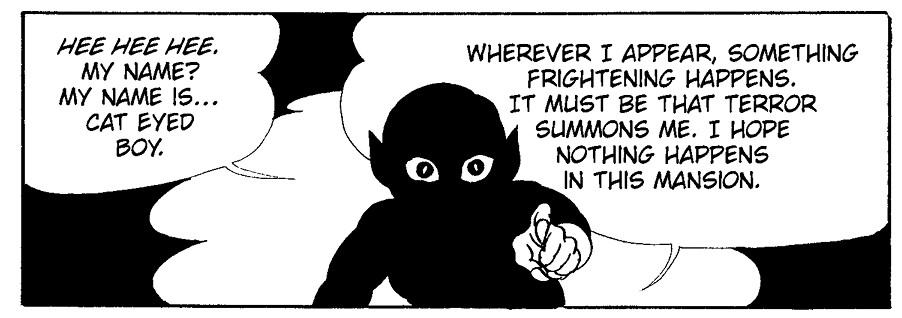
The only aspect of this release that shows its age is the visuals. This is not to say that the work is lacking, but the 60s horror aesthetic is slightly less polished than what readers would expect by modern-day standards. Even in the more sensational and graphic moments, the delivery's slight campiness limits the intended shock of the various reveals. There is an underlying ‘fun factor' to many works of Umezz, and “Cat-Eyed Boy” fits this bill better than any of Umezz's work currently available. Hopefully, Viz Media will go on to publish “God's Left Hand, Devil's Right Hand,” another short story collection that shows the creator at his most violent and terrifying.
Viz Media continuing to shed light on Kazuo Umezz in this picturesque edition has been a welcome treat for fans of horror manga, helping to put in perspective the genre's history for those interested. The only negative here is that the work of Umezz does not feel like it is a good starting point for those wanting to get into horror manga but rather presents a piece of essential history. Admittedly, the Junji Ito collections available are a better entrance point into the genre. However, “Cat Eyed Boy” is still essential reading for those who can't get enough spine-tingling entertainment.


